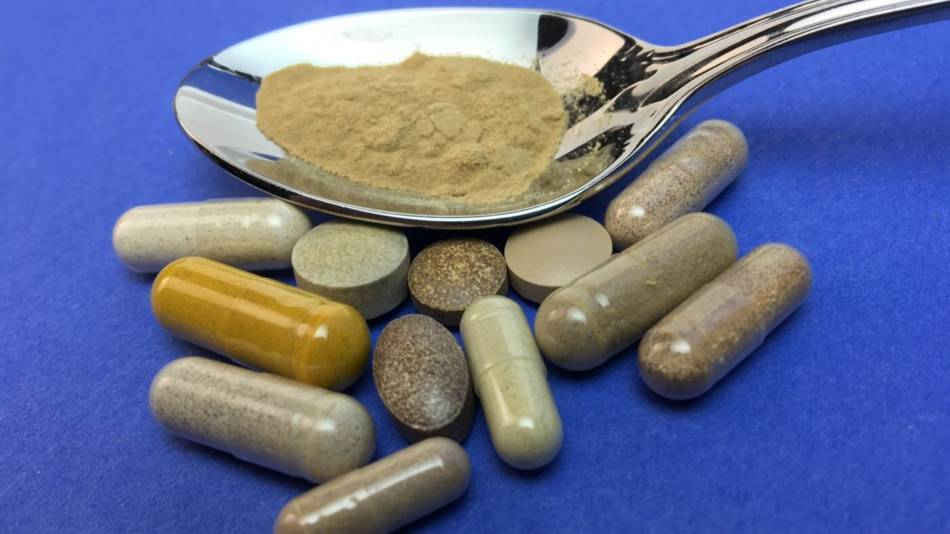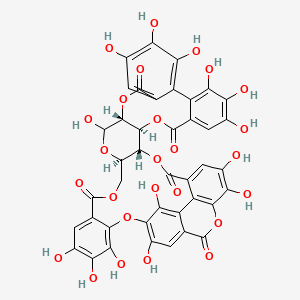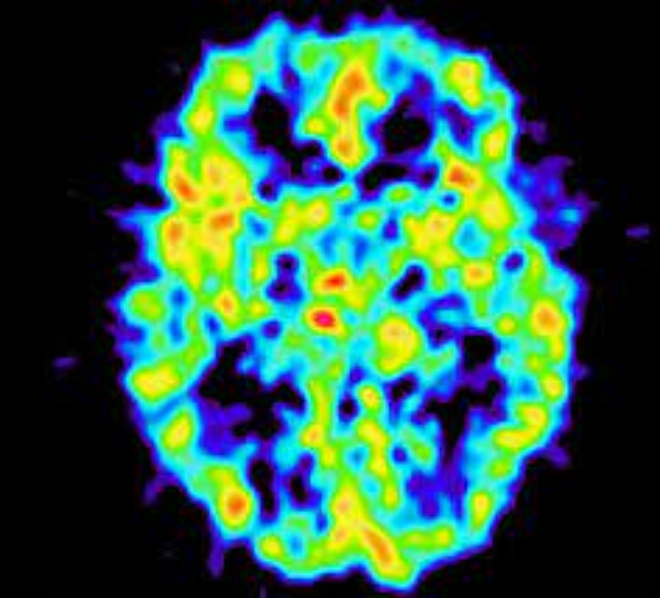|
Name: Ginkgolides
Type: Herbal supplement
AKA: Ginkgo, Ginkgo Biloba

|
|
II. Natural Derivative

|
|
III. Chemical Profile (IUPAC name)

|
|
IV. History
Ginkgolides, natural compounds found in Ginkgo biloba, have been used for centuries in traditional medicine. Their modern use focuses on cognitive enhancement and circulation improvement. The history of ginkgolides includes extensive research into their therapeutic benefits and applications.

|
|
V. Legal Information
Ginkgolides, derived from Ginkgo biloba, are not classified as controlled substances. They are used as dietary supplements and are generally regulated as such, focusing on their use and ensuring safety in supplementation.
Key US Federal Policies:
Ginkgo biloba products are regulated by the FDA as dietary supplements. They must meet standards for purity, labeling, and safety.
|
|
VI. Physical Effects
Ginkgolides, derived from Ginkgo biloba, are used for cognitive enhancement and improving circulation. As an upper, they improve cognitive function and circulation. Short-term effects include enhanced memory and mental clarity, while long-term use is generally safe with minimal risks. Overdose risks are minimal but may include digestive issues. Safe dosing typically ranges from 120-240 mg daily. Recent research highlights their effectiveness in cognitive health and circulation with few side effects.  |
|
VII. Psychological Effects
Ginkgolides, found in Ginkgo biloba, affect neurotransmitter systems, providing cognitive enhancement and mood improvement. Immediate effects include improved memory and reduced anxiety, with long-term use potentially benefiting cognitive function. Research focuses on their efficacy for cognitive disorders and overall mental health.
 |
|
VIII. Culture
Ginkgolides are natural compounds derived from Ginkgo biloba, used for their neuroprotective and anti-inflammatory properties. Short-term use improves cognitive function and reduces inflammation, while long-term use is generally safe with minimal side effects. Overdose risks are low, typically leading to stomach upset. Safe dosages are typically under 120 mg per day. Recent research supports their efficacy in improving cognitive function and treating neurodegenerative diseases. Physical effects include enhanced cognitive function and reduced inflammation.
 |
